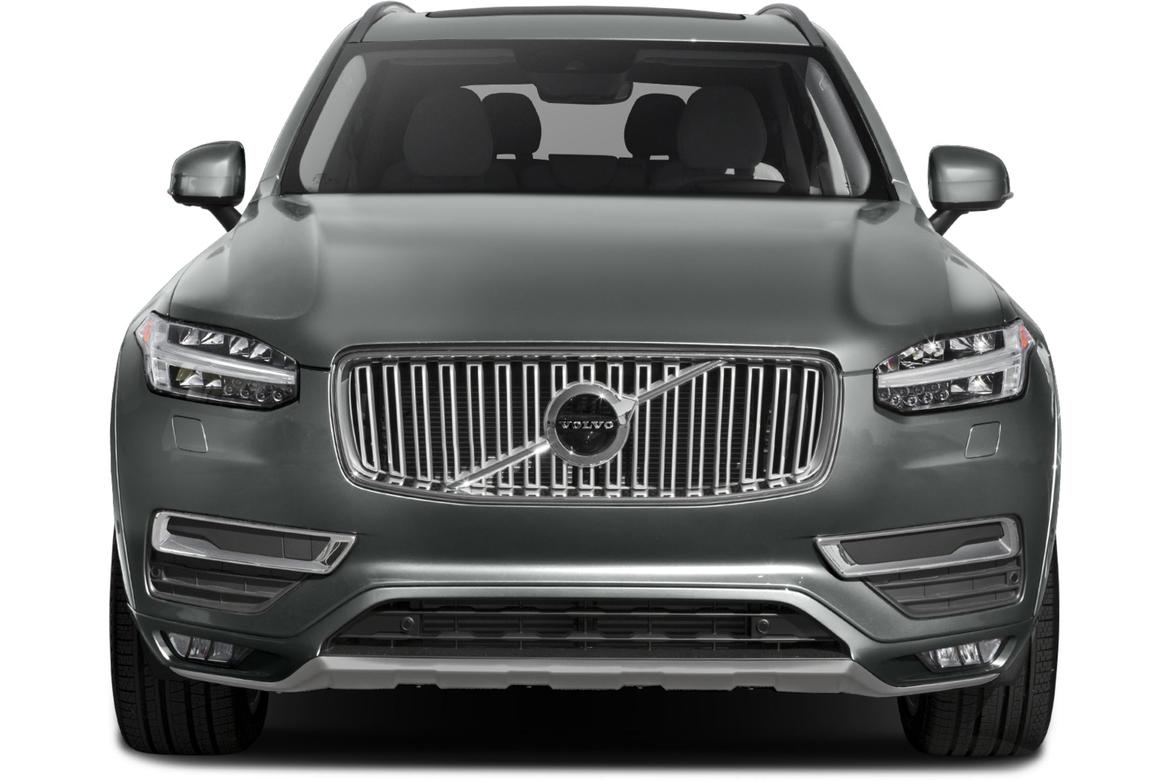Washington, D.C. – June 22, 2017 – Mazda North American Operations has recalled more than 227,000 sedans with potentially corrosion-prone braking systems, according to documentation failed with the National Highway Transportation Safety Administration. The campaign affects 2014-2016 Mazda3 sedans manufactured between Jan. 6, 2014 and Sept. 2, 2016, as well as 2014-2015 Mazda6 sedans made between Oct. 25, 2012 and Dec. 1, 2014. The Japanese automaker does not know at this time what percentage of the vehicles named in the recall contain the defective parts.
The Defect
Affected vehicles might feature rear brake calipers that are improperly protected and sealed, and therefore are vulnerable to water damage. Moisture may be able to enter the calipers and degrade the brake actuator shaft. This phenomenon, paired with continuous use, can increase the diameter of the shaft and inhibit its operability. In some instances, the shaft could become lodged within the brake caliper assembly and reduce parking brake stopping power. This poses a serious hazard to drivers, as the brake could suddenly disengage and cause an accidental collision.
Timeline of Events
In April 2015, Mazda received a field service report from the Canadian market detailing an instance of brake drag, according to the NHTSA. Engineers inspected the vehicle involved, a Mazda6 sedan, and discovered that the actuator shaft in the rear brake caliper had seized. The automaker assumed that high pressure spraying around the caliper was the cause and instituted a field monitoring initiative to look for similar occurrences.
In August, Mazda received seven field reports from the U.S. referencing that same problem. The carmaker initiated an investigation. Three months later, the company identified the root cause: improperly protected and corrosion-coated brake calipers. In December, Mazda engineers reviewed the original specifications for the brake caliper protective boot and tested its corrosion mitigation capabilities. Within the two months, the carmaker had introduced new protective boots at the point of assembly. However, this production change did not apply to Mazda6 sedans produced after January 2014, as Mazda had switched from mechanical braking systems to electric alternatives with more effective corrosion protections. The carmaker issued a similar decision on Mazda3 models, which featured an improved actuator shaft design.
Over the summer of 2016, Mazda received multiple collision reports from the German and U.K. markets for Mazda3 and Mazda6 models with corroded brake actuator shafts, including some that had rolled off of the assembly line after January 2014. In August, the company received an additional nine reports from dealers in the U.S. market and decided to take action. Throughout late 2016, the carmaker conducted an additional root cause investigation and worked on designs for new brake caliper protective boots.
Mazda produced a boot replacement kit for the Mazda6 in January 2017. In February, the company introduced new manufacturing methods to address defective Mazda3 sedans. Three months later, it produced a boot replacement kit for this model. In May, the carmaker initiated a voluntary recall for both vehicles.
The Solution
Mazda will request dealers to survey the rear brake assemblies on vehicles named in the campaign and replace brake actuator shafts that show signs of corrosion, free of charge, according to the NHTSA. The carmaker plans to notify dealers Aug. 7, 2017 and contact vehicle owners Aug. 21, 2017.

